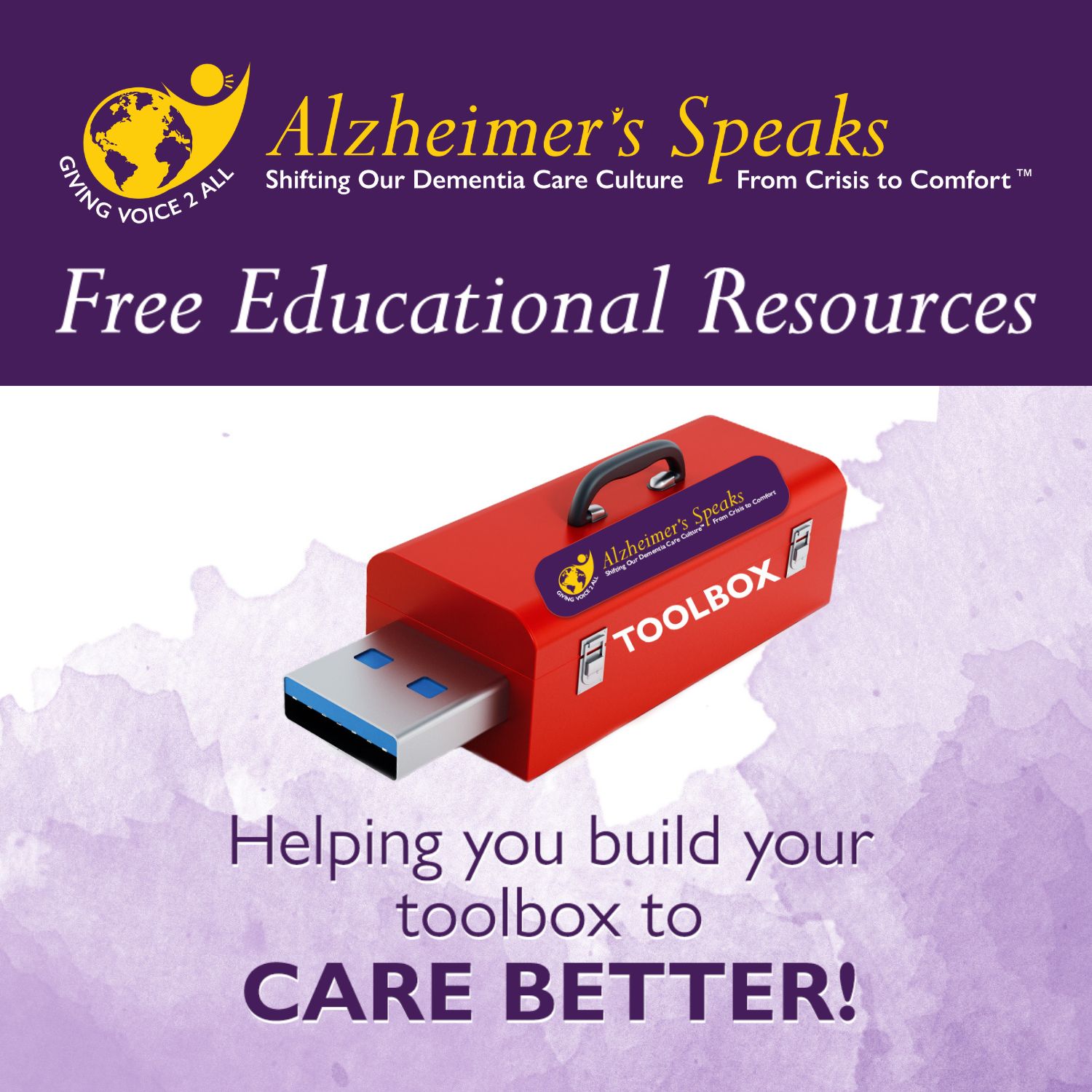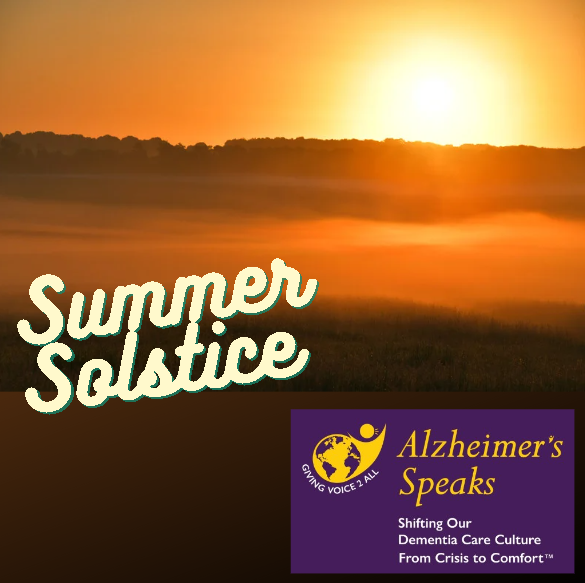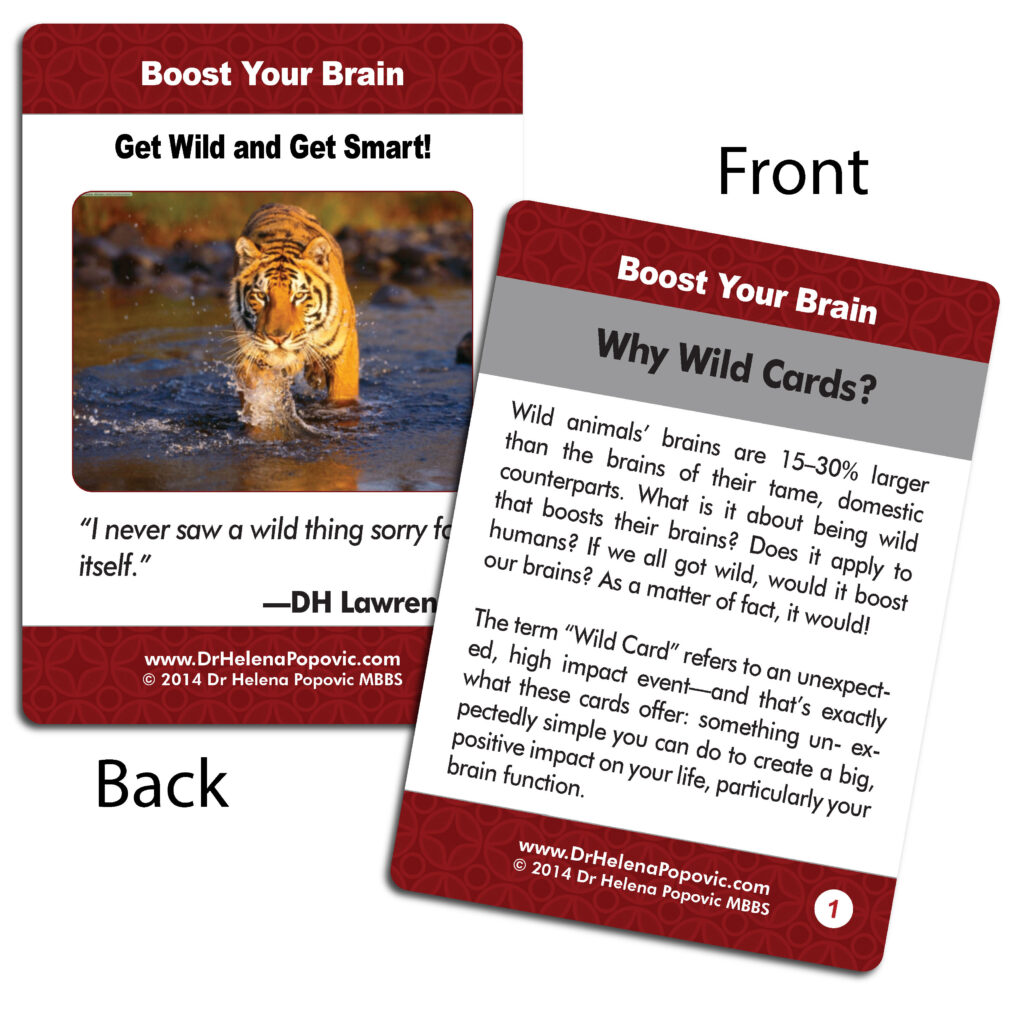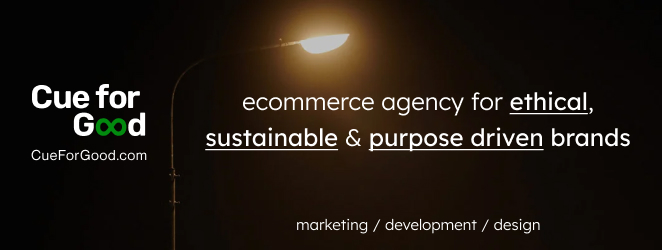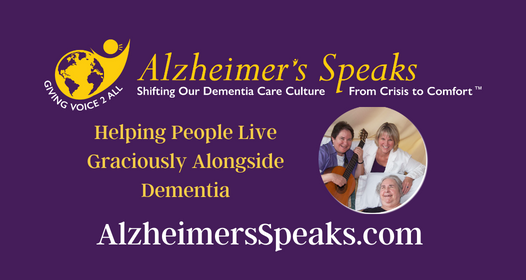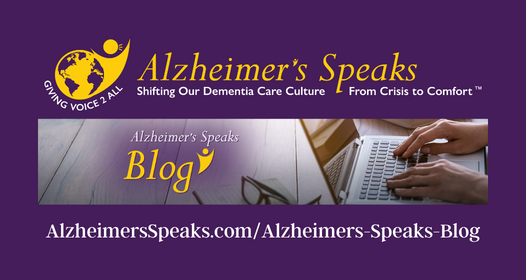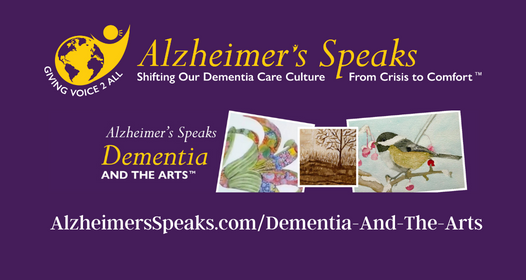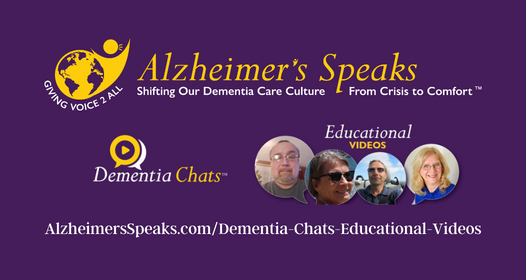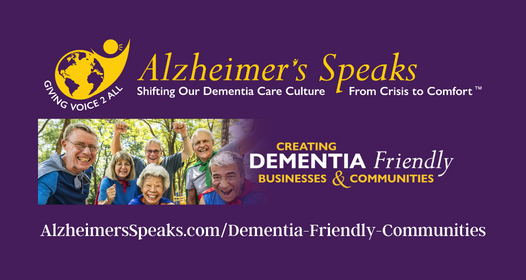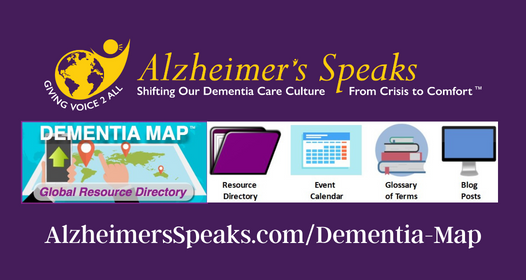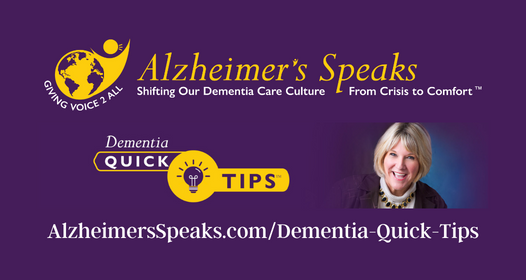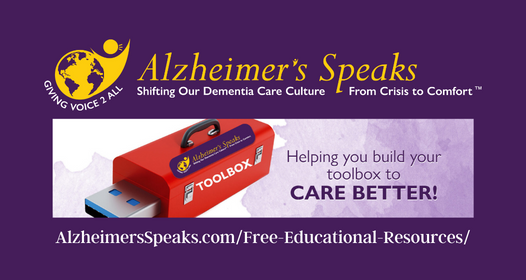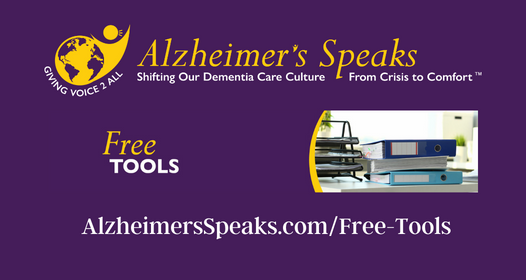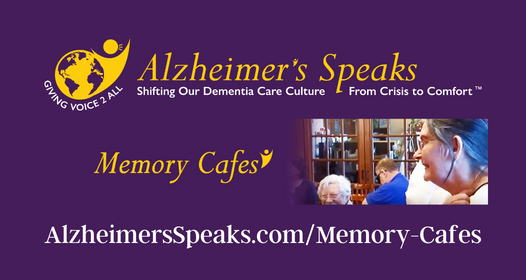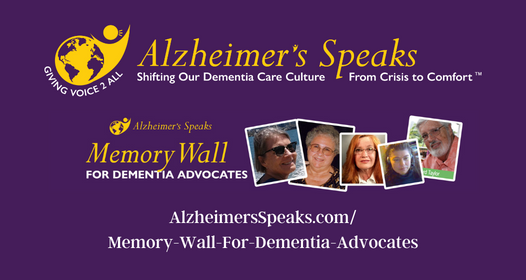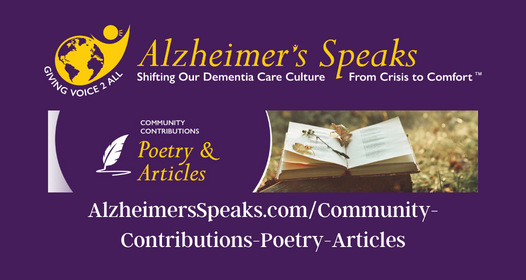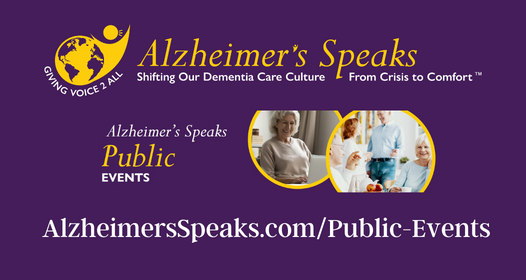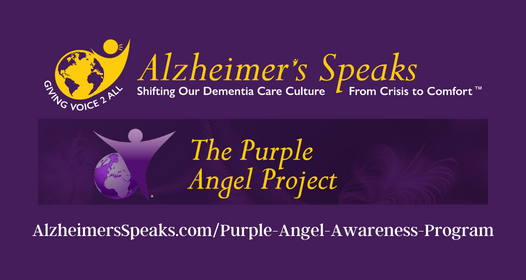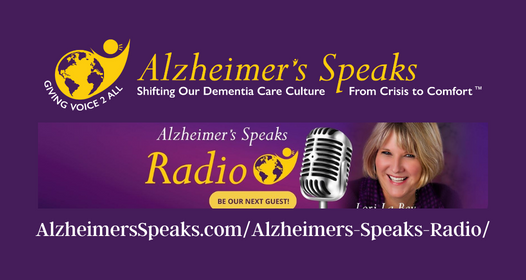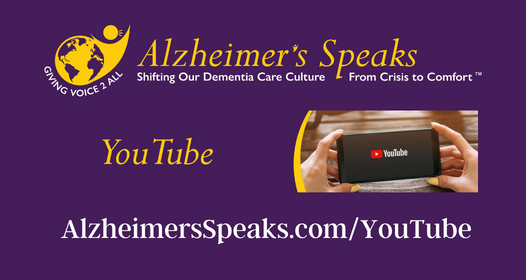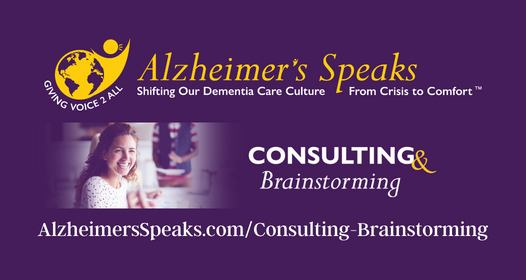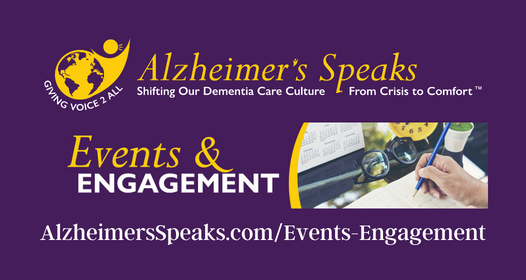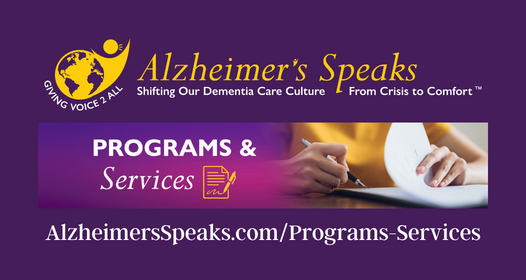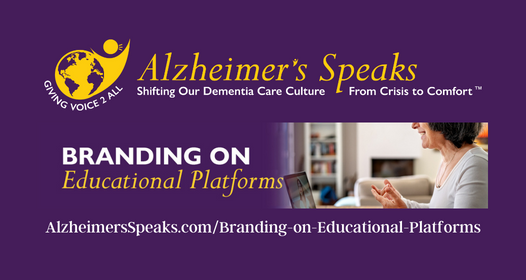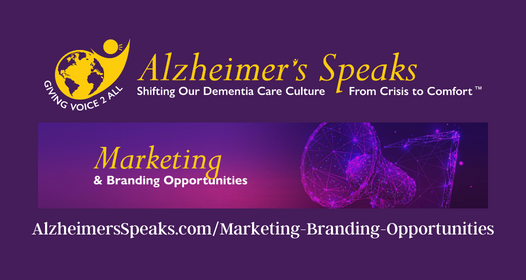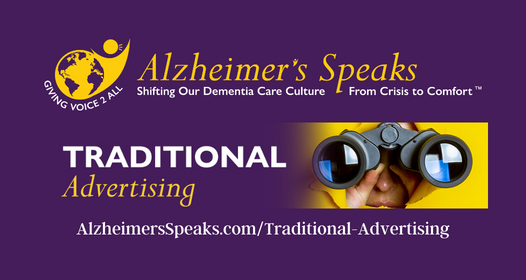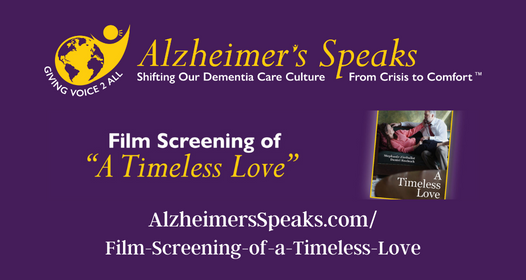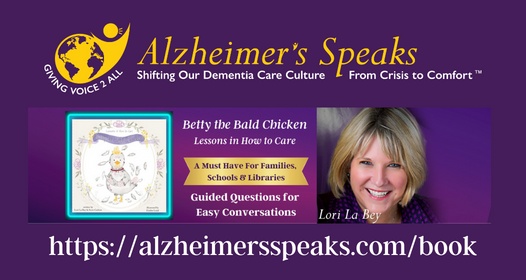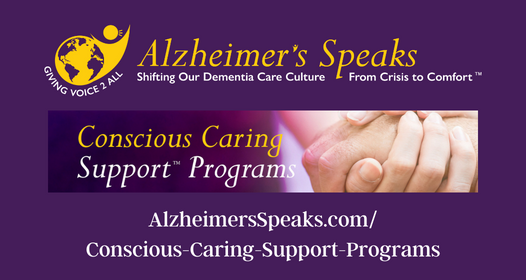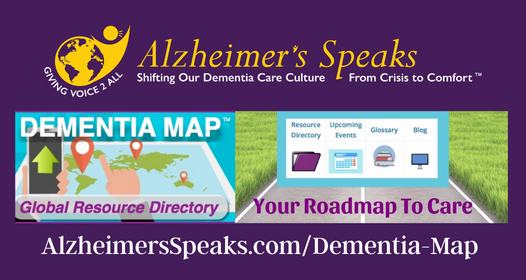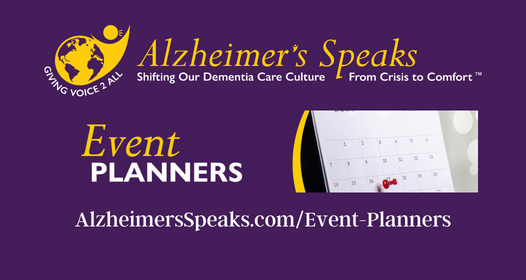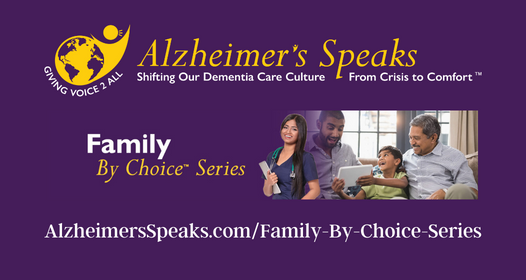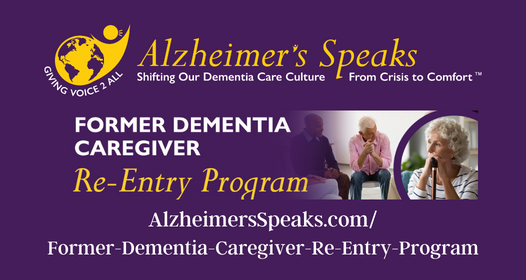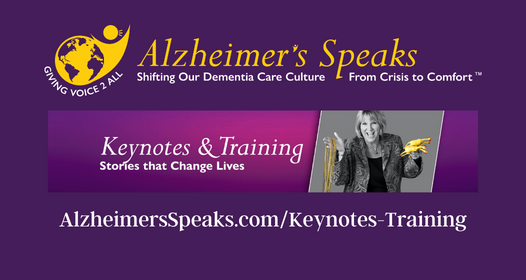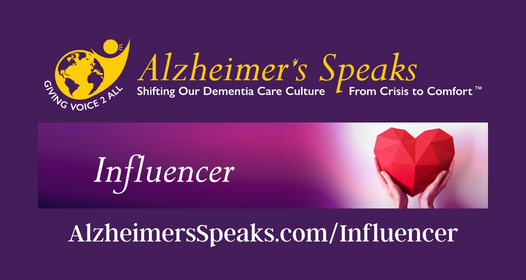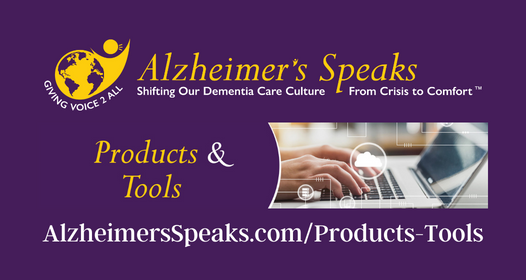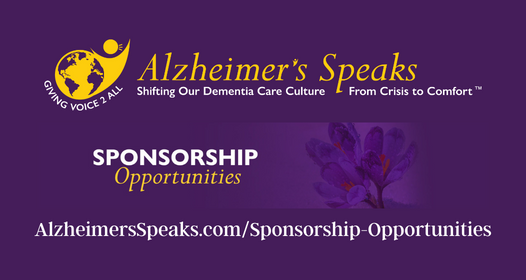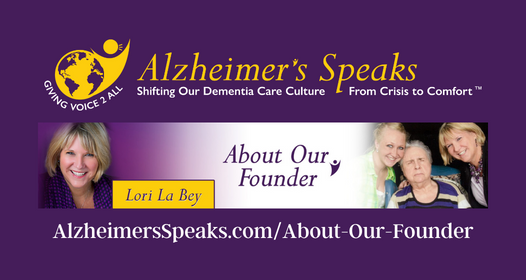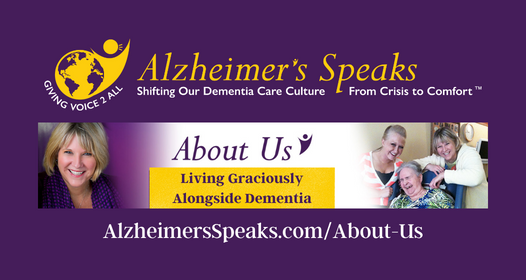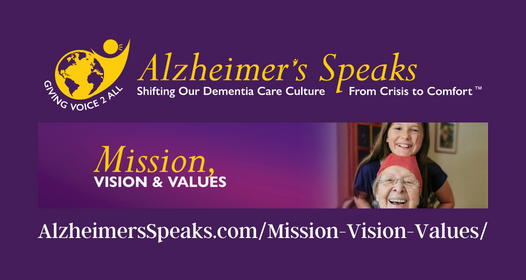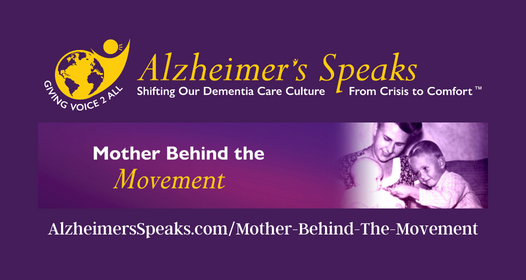The Longest Day for Alzheimer’s and Other Dementias
Submitted by Beth Rush
Founder and Managing Editor
Body+Mind Magazine
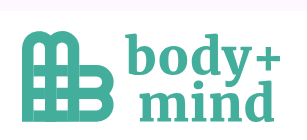
Building Relationship
Most everyone looks forward to summer, but for those living with Alzheimer’s disease or other forms of dementia and their supporters, it holds a deep significance. The summer solstice marks The Longest Day, A day that expands our opportunities to make a difference. To give tribute to those facing this challenging conditions.
On this day, the world is reminded that they don’t have to fight alone. You can stand with them in many ways on the longest day of the year.
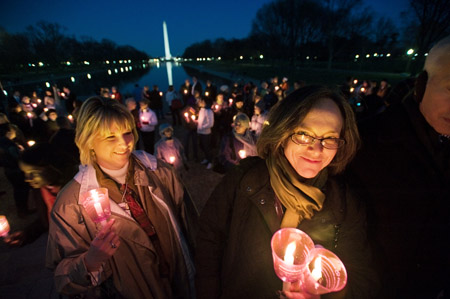
What Is The Longest Day for Alzheimer’s and Other Forms of Dementia?
Annually there are unique fundraising events to fight Alzheimer’s and other forms of dementia. It happens on the summer solstice, June 21, marking the year’s longest day.

This symbolic celebration is now designed to outshine the darkness and lonliness in the journey of those affected by the disease and their caregivers. It’s the day individuals and communities collaborate to help raise awareness and funds to accelerate ongoing global research and maximize quality social support.

Why should people care? Alzheimer’s is the seventh leading cause of death in the country and the most common form of dementia among older adults.
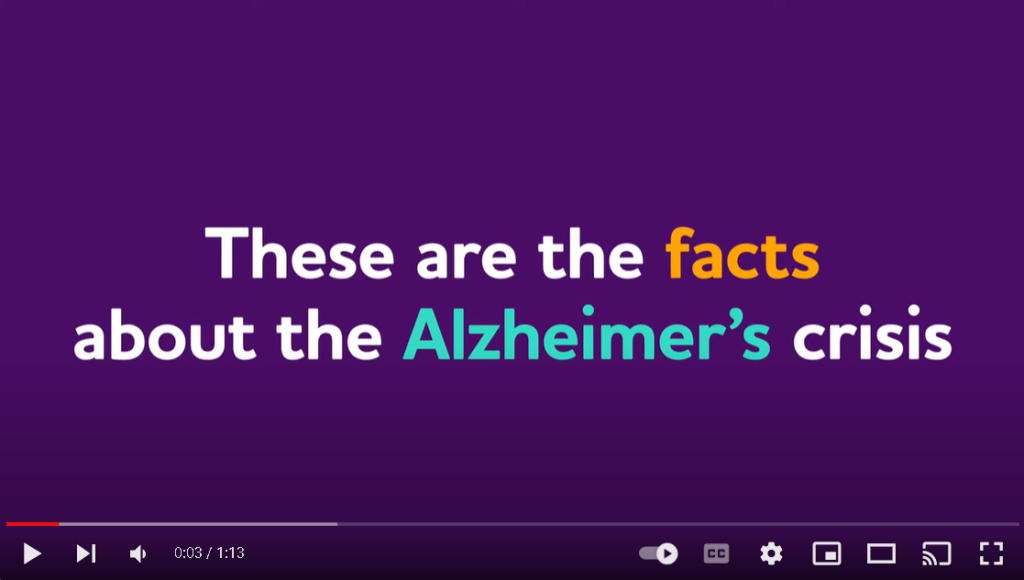
Did You Know…
This brain disease slowly affects memory, cognitive skills, and, eventually, the ability to perform simple tasks. Participating in a Longest Day event, which a variety of organizations celebrate, supports people with dementia, their caregivers, and researchers.
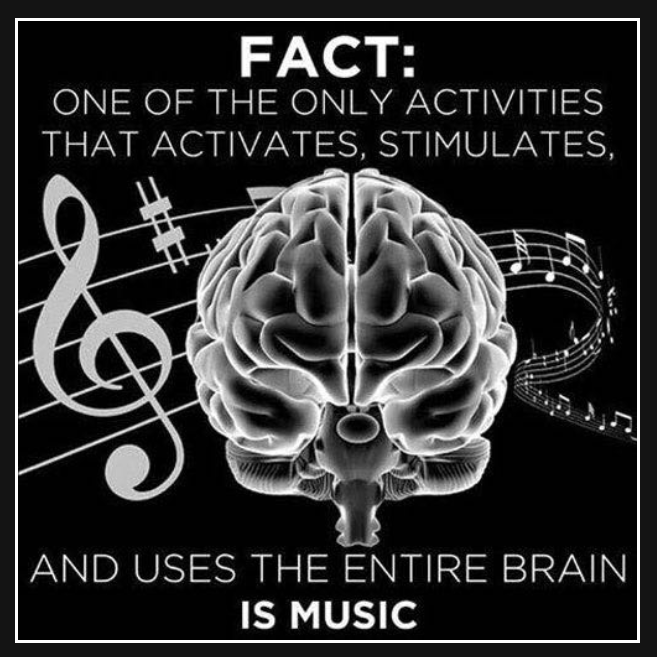
How Should People Celebrate It This Year?
The Longest Day campaign aims to bring light and celebrate our relationships with those living with or caring for someone with Alzheimers ro another form of dementia.
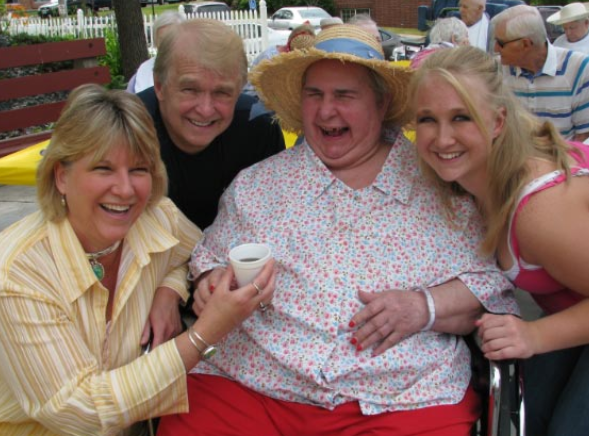
The disease has been metaphorically envisioned as trees losing their leaves, representing memories and the ability to perform tasks efficiently. While this imagery aptly describes brain deterioration, it prompts people to view the disease in a negative light.

This year, more communities strive to promote messages that project a more positive mindset. The idea is to encourage spending more time with loved ones, celebrating joyful moments, and promoting social activities to show that Alzheimer’s is not all doom and gloom.
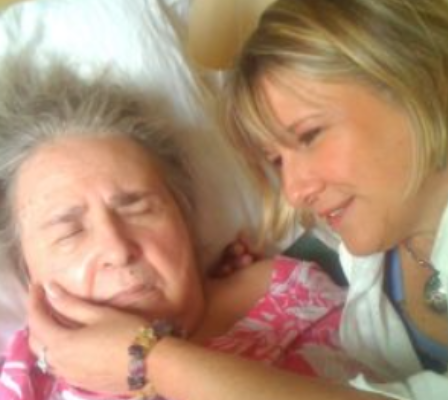
A Cure Isn’t The Only One Way To Show Support
Participate in or launch empowering fundraising efforts that convey hope for people with Alzheimer’s. There is no cure for this disease, but if you support ongoing studies and promote mind-boosting activities on The Longest Day, you contribute to advancing dementia care and research efforts.

How Do People Support It?
There are many ways to show your support for the campaign. Here’s what other people have done or are doing to fight Alzheimer’s.

Start a Fundraiser or Visit Someone Living with Dementia
People work together through their hobbies, creativity, and passion to join the fight against the disease. Supporters launch exercise, music, or art events to raise money for dementia organizations or engagement them in participating in events.
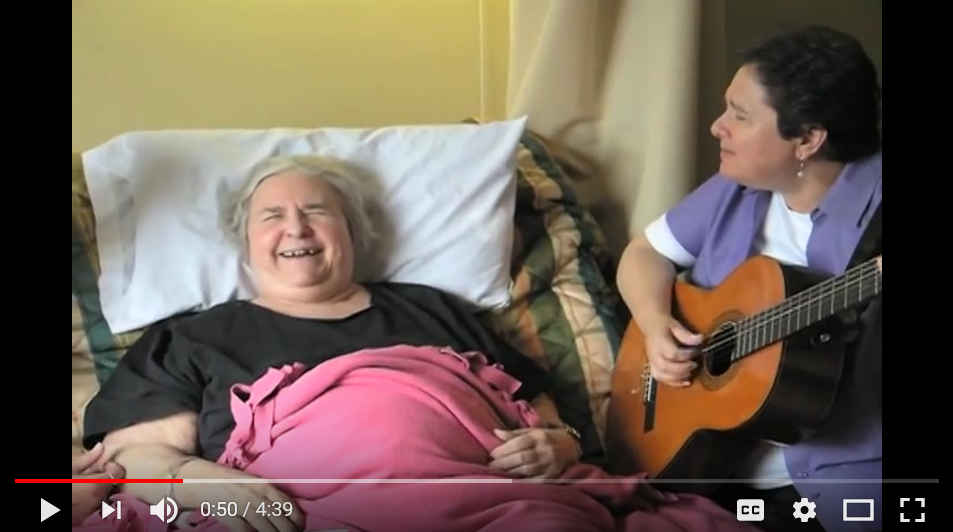
Sometimes, the activity is inspired by a loved one’s hobby. For instance, someone whose grandmother enjoyed cooking and has Alzheimer’s can launch a potluck fundraiser in her honor.

Form a Musical Event
Norm McNamara lives with Lewy Body dementia and Jane Moore created The Purple Angel Dementia Awareness Campaign. Its global efforts connect people by representing all dementia.
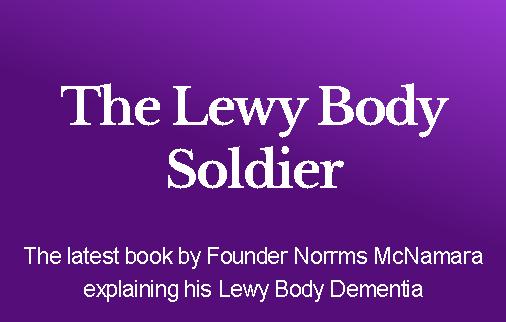
Through a simple graphic that is free to individuals and organizations, they are shining a light on dementia, showing the power of inclusion and purpose.
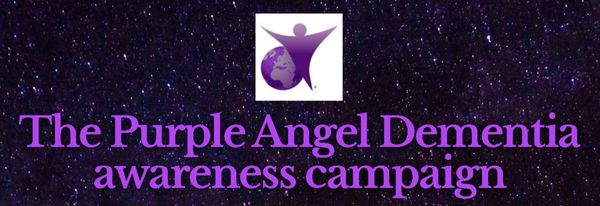
They do a lot of work with iPods and encourage people to have a variety of types and sizes of musical events called the World Rock Against Dementia.
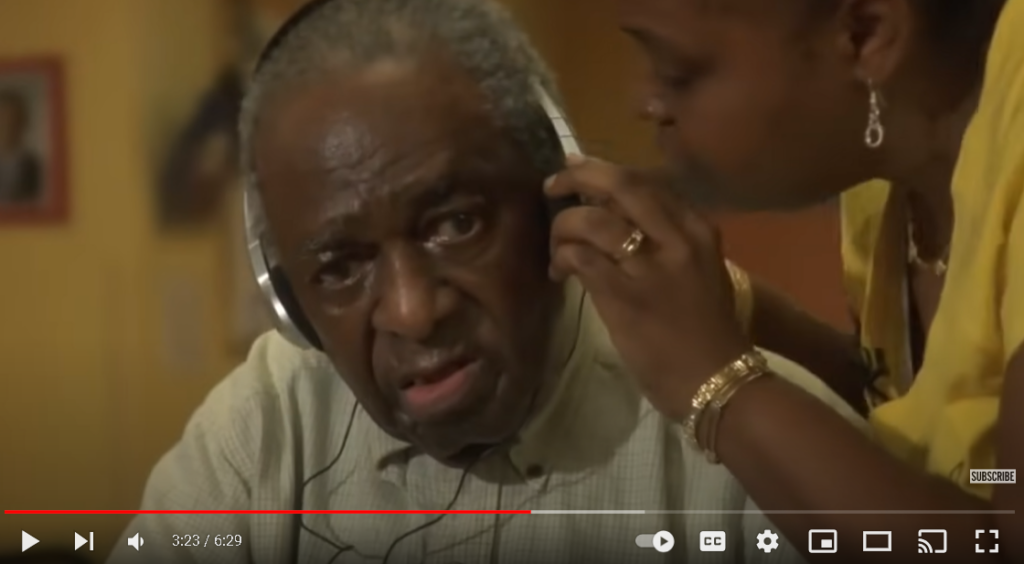
Provide Sponsorship
Organizations and companies can sponsor events to participate in The Longest Day. Sponsors make a huge impact and get recognition for doing so, such as brand presence on the campaign’s website, emails, customized planning, and workplace wellness initiatives.
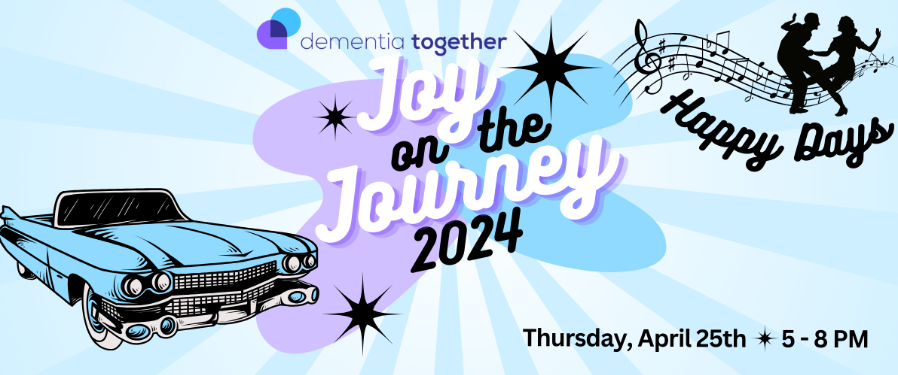
Ways to Show Support to The Longest Day
This year, you can support people with dementia, their caregivers, and researchers through the following activities. Every effort can make a difference in the fight against the disease, but please never overlook the benefits of taking the time to be with a person living with a form of dementia.
Changing Lives At All Ages And Stages Of Life
A visit can be magical for them and you too! Sometimes we get so wrapped up in the big picture we forget about the actual people we are doing the fundraising for.

All Ages can participate! Get creative and empower all by letting them do what they know, love, or want to do to support dementia care. Everyone wants a cure, but we also all want to matter and feel like we belong and are valued – Dementia or not.
Let us all be part of the solution! Check out KidCaregivers.

Create a Fundraiser
You can do any activity you wish and turn it into a fundraising event. Some choose to play a sport, while others spend the day doing a hobby. Whatever that is, ensure your activity is something you genuinely enjoy.

Educate Yourself And Share With Others!
People with a form of dementia see and experience the world differently — what might be evident to you isn’t for them. There are many support services to help you learn the right ways to approach them is essential. For example, someone with Alzheimer’s might get triggered by various body language. Understanding this can help you engage with them in an engaging and empathetic manner. Explore the many resources available to you.
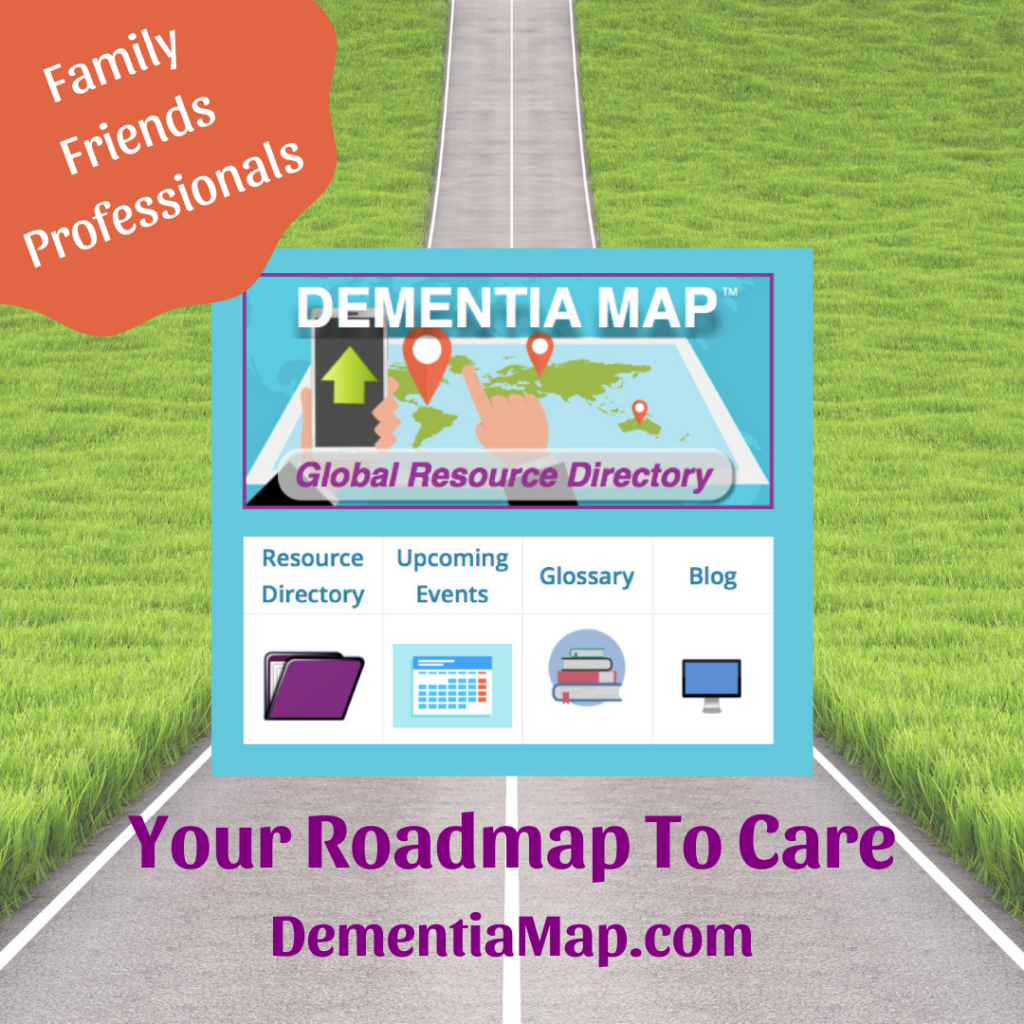
You can also watch educational videos to learn more creative ways to show support and inclusivity.
Be a Volunteer
Participate in events such as music and arts, runs, walks, and other fundraising events. Many organizations are always looking for volunteers to spread the word about the fight against the disease. There are many small local and midsize organizations doing amazing work to improve the lives of those living with a form of dementia.
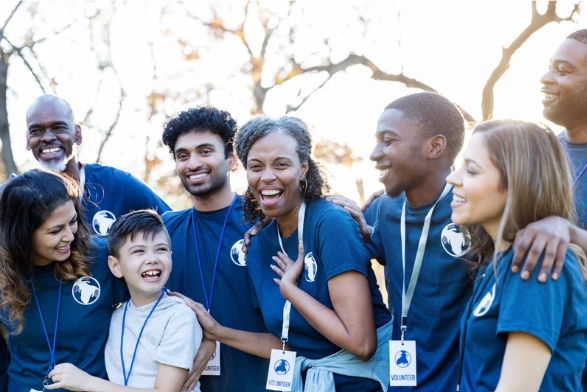
Get Connected
Did you know there are organizations that allow those living with dementia to play a major role in the development of services. These free tools for caring for people with Alzheimer’s provide actionable tips to make caregiving more fulfilling.
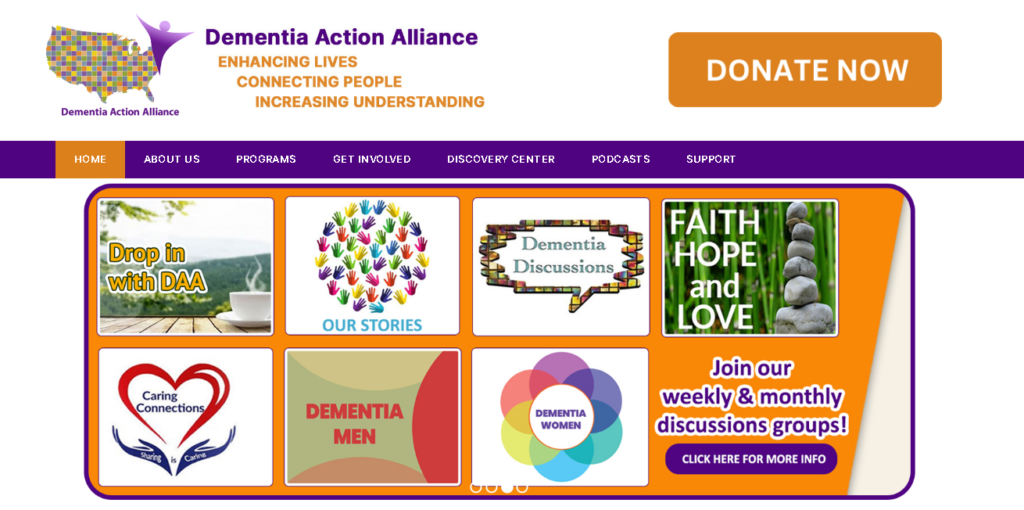
Clock in Some Self-Care
Living with someone who has Alzheimer’s disease is no easy feat. Take The Longest Day campaign as a day to care for yourself. It can be as simple as taking an afternoon nap or indulge in a healthy meal after a long day. You deserve it.

Register on Matching Gifts
Your employer might be willing to match your contribution to the campaign. Find out if your company has a matching gift policy, and if they will match your donation to the organization of your choice. This is an excellent way to double your donation.
Participate in The Longest Day This Year
No matter how small, every effort will make a difference. Whether it’s spending time with a loved one living with a form of dementia, going to an existing event, or through personal fundraising for an event or volunteering, there are many ways to get involved in the fight against Alzheimer’s, and other dementias. Don’t miss your chance to show your support this year.
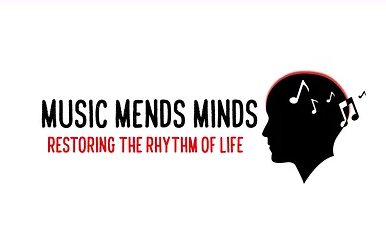
The Above Article was Submitted by Beth Rush Founder and Managing Editor
Body+Mind Magazine and member of Dementia Map.

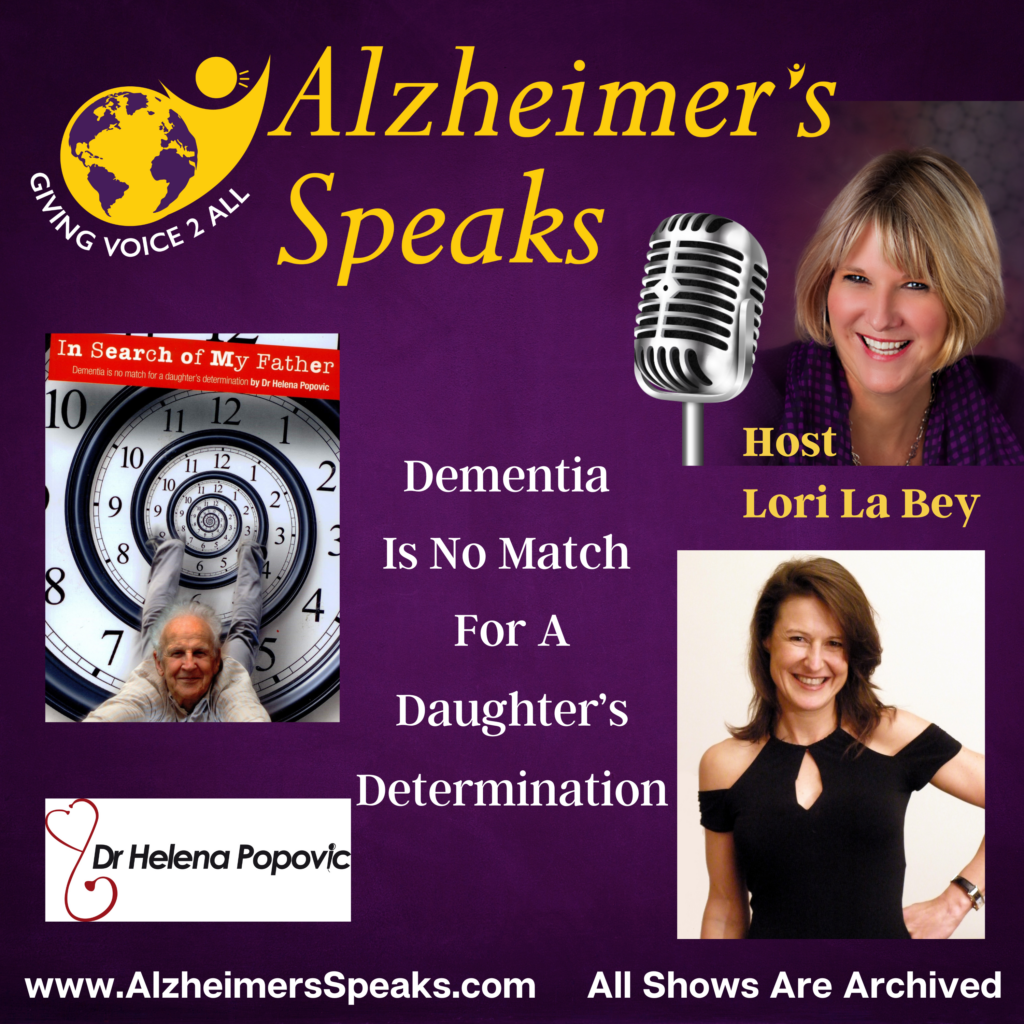
Live Your Best Life No Matter What You Are Dealing With!
Lori La Bey talks with Dr. Helena Popovic MD who is an Australian family physician and 10-year care partner for her father who had both Alzheimer’s and vascular dementia. She has written two best-selling books about their adventure with dementia, and she teaches health professionals, people living with dementia, and their families about brain health and dementia prevention.
Live Your Best Life No Matter What You Are Dealing With!
Dr. Popovic graduated from the University of Sydney, Australia, and her philosophy is that education is more powerful than medication. She believes anyone can boost their brain and grow bolder rather than older.
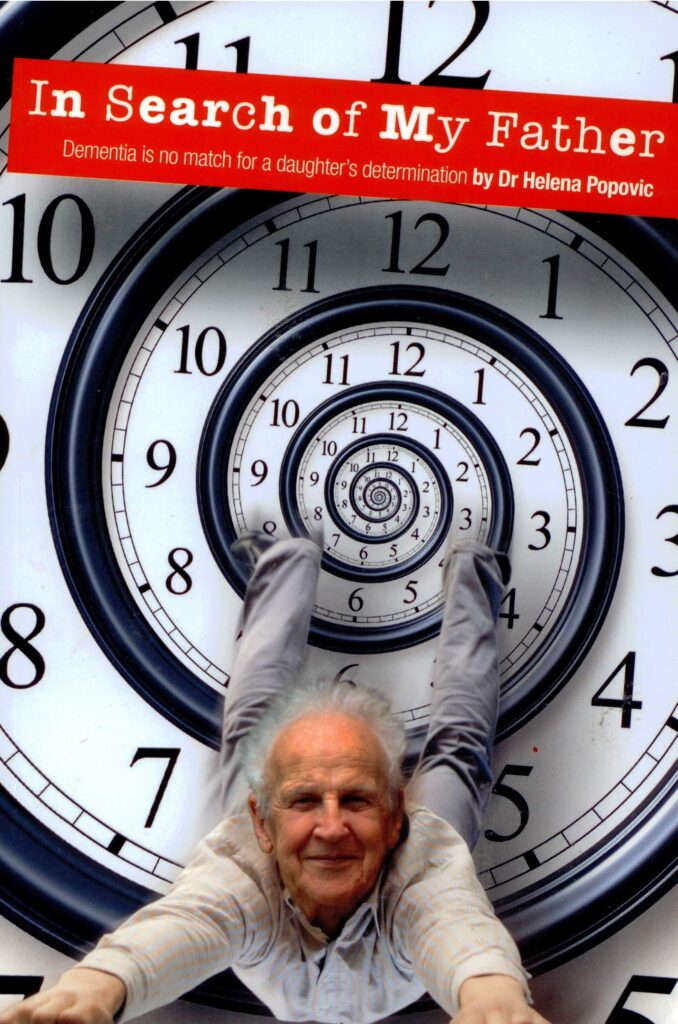
Learn:
- Education vs Medication
- Band-Aid Solutions vs Root Cause Issues
- Dementia is a Starting Point, Not an End Point
- Purpose and Engagement
- The Power of Volunteering
- Can’t Control Everything
- Don’t Help People to Death
- How to Use Multi-Sensory Engagement
- Joy is Healing
Live Your Best Life No Matter What You Are Dealing With!
Contact Dr. Helena Popovic
Websites
https://www.drhelenapopovic.com
https://www.adventurepreventsdementia.com
https://www.facebook.com/helena.popovic
https://instagram.com/get_healthy_with_dr_helena
YouTube
https://www.youtube.com/drhelenapopovic
https://au.linkedin.com/in/drhelenapopovic
Live Your Best Life No Matter What You Are Dealing With!
Find Additional Programs Offered By Alzheimer’s Speaks

Alzheimer’s Speaks Radio – Shifting dementia care from crisis to comfort around the world one episode at a time by raising all voices and delivering sound news, not just sound bites since 2011.
Contact Lori La Bey with questions or branding needs at https://www.alzheimersspeaks.com/
Listen & Subscribe to Alzheimer’s Speaks on Your Favorite Podcast
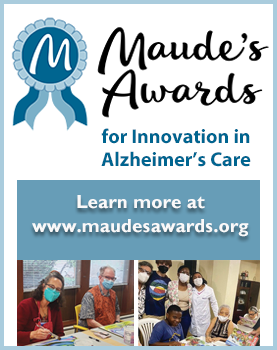
Maude’s Awards gives three annual $25,000 awards to organizations and up to five $5,000 awards to individuals excelling in one of four categories of care for persons living with dementia and care partners.
Applications have closed for 2024, but we will let you know when the winners are announced. In the meantime, check out Maude’s Awards now so you don’t miss out next year!
Tips to Live in Moment from Those Living with Dementia

Learn More About Dementia Chats
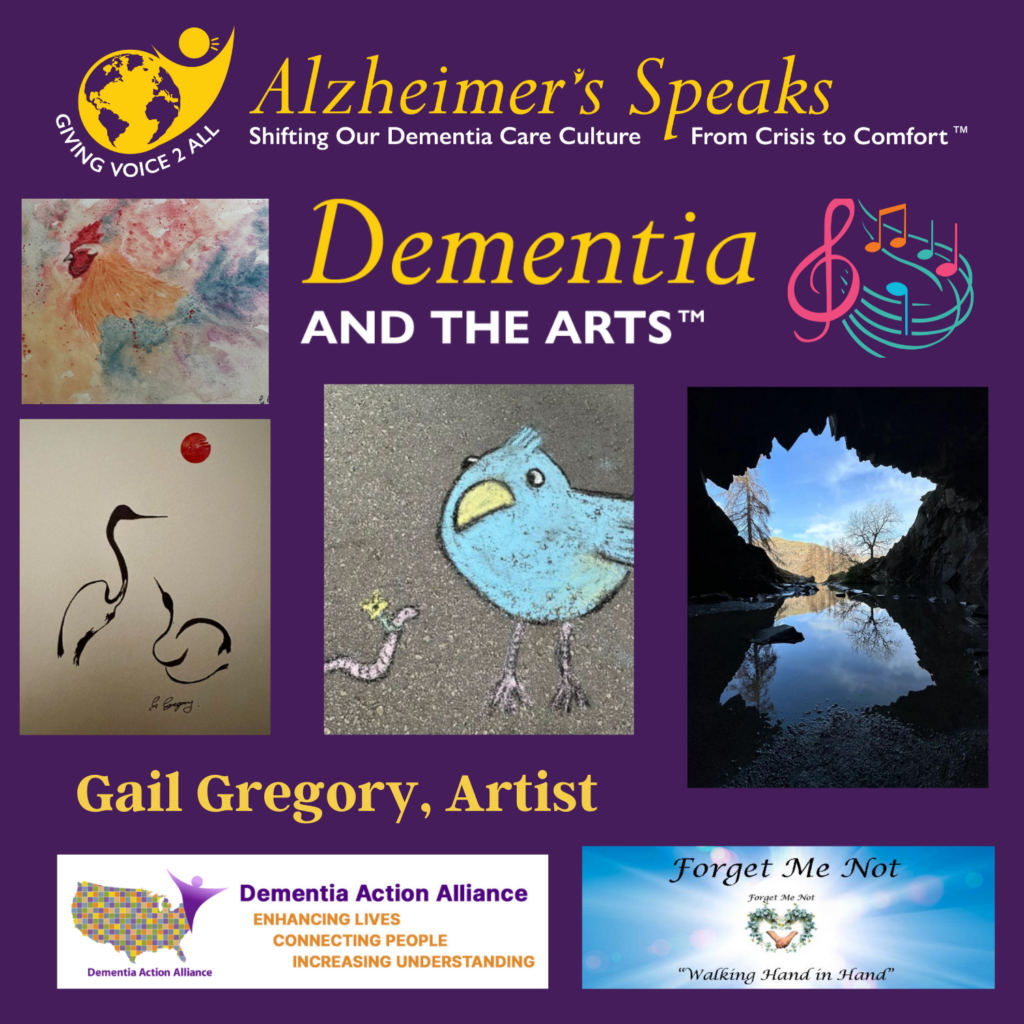
Click The Above Graphic to Go to Dementia and the Arts Home Page
Talented Artist Blossoms After Dementia Diagnosis

Learn More About Alzheimer’s Speaks Below
Lori La Bey and Alzheimer’s Speaks Can Help Your Organization With Staff Training, Family Support, Perspective Clients, and Support Gatherings.
Betty the Bald Chicken – Lessons in How to Care is a wonderful tool for anyone struggling and feeling like they don’t fit in anymore. Bullying, Chronic Illness, Addiction, Divorce, Death and Dying, Ageism, Racism, and more.
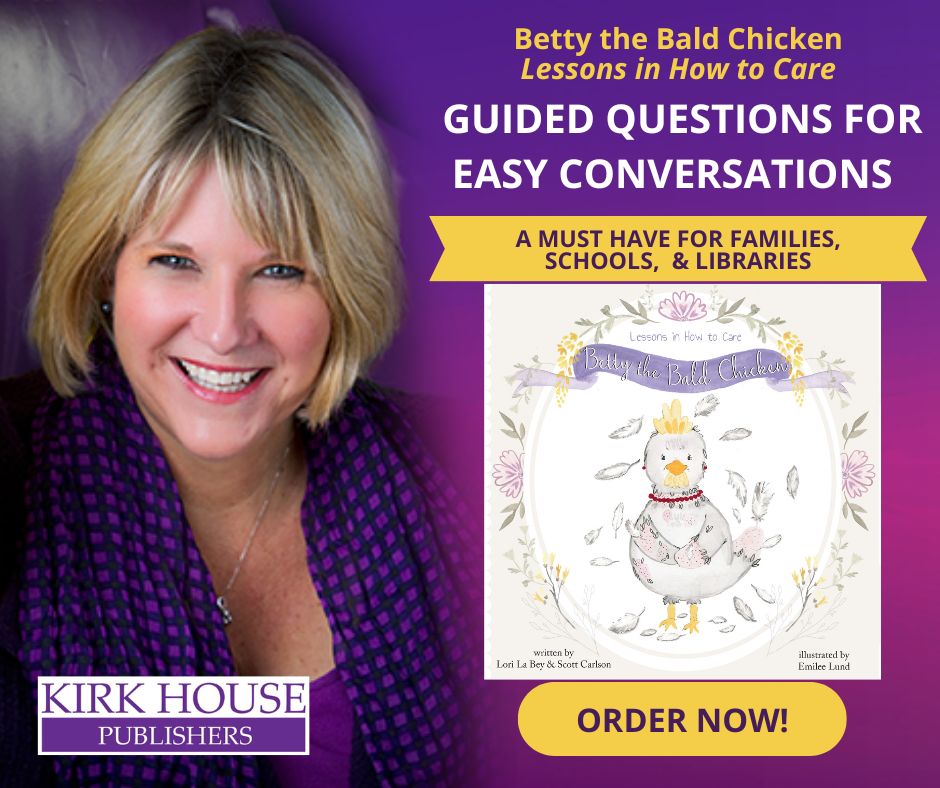
Order Your Book Now – A Great Gift For Anyone, At Any Age, At Any Time
We Appreciate Your Reviews on Amazon!
